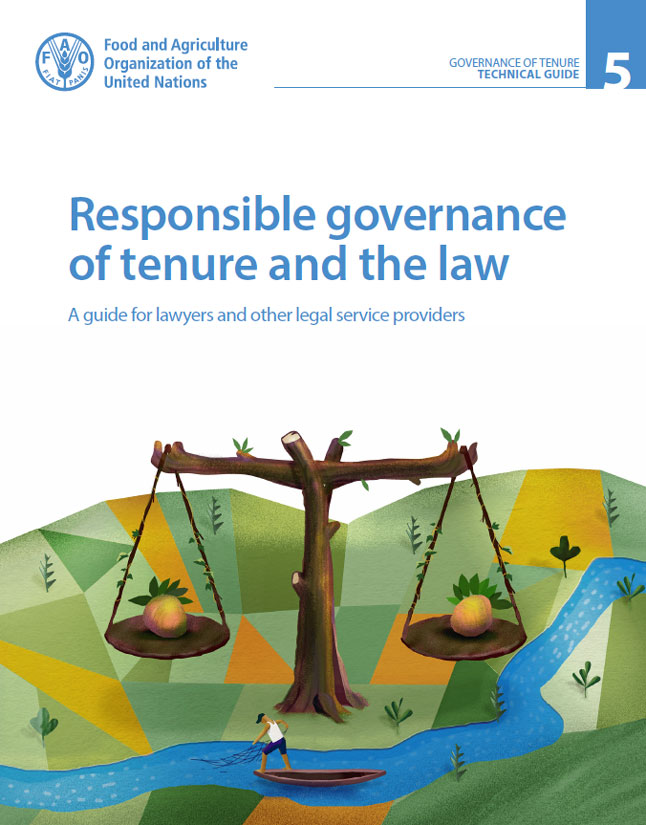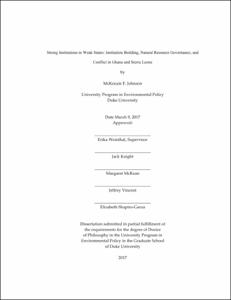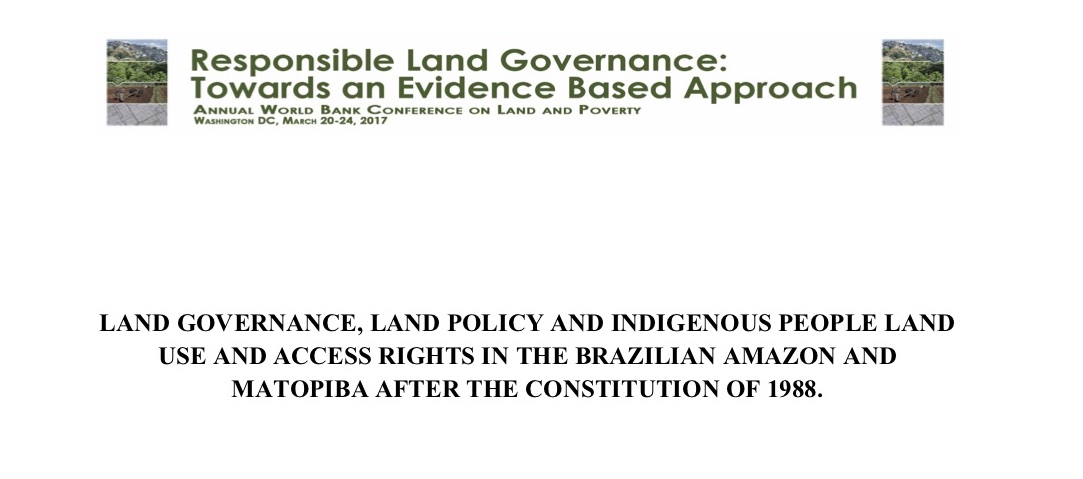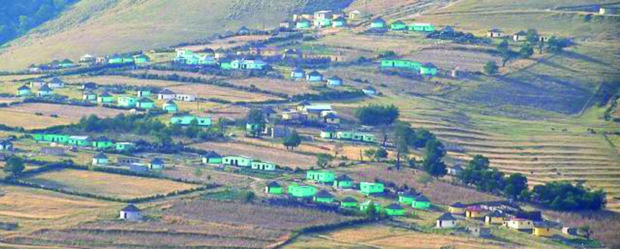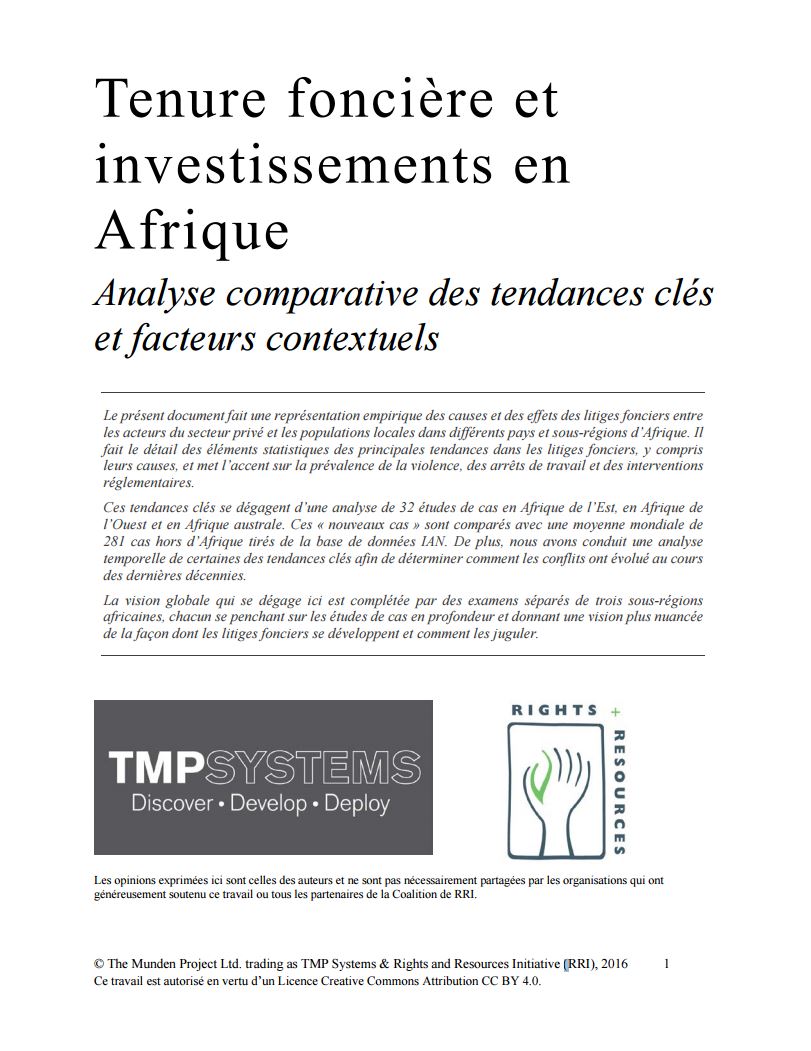INTERNATIONAL SOFT-LAW INSTRUMENTS AND GLOBAL RESOURCE GOVERNANCE: REFLECTIONS ON THE VOLUNTARY GUIDELINES ON THE RESPONSIBLE GOVERNANCE OF TENURE
This article reflects on the Tenure Guidelines as a tool for addressing resource governance challenges. It outlines the process through which the Tenure Guidelines were developed and reviews key features of their content, and then focuses on two issues: the legal significance of the VGGT, and the nature of initiatives to advance their implementation.


